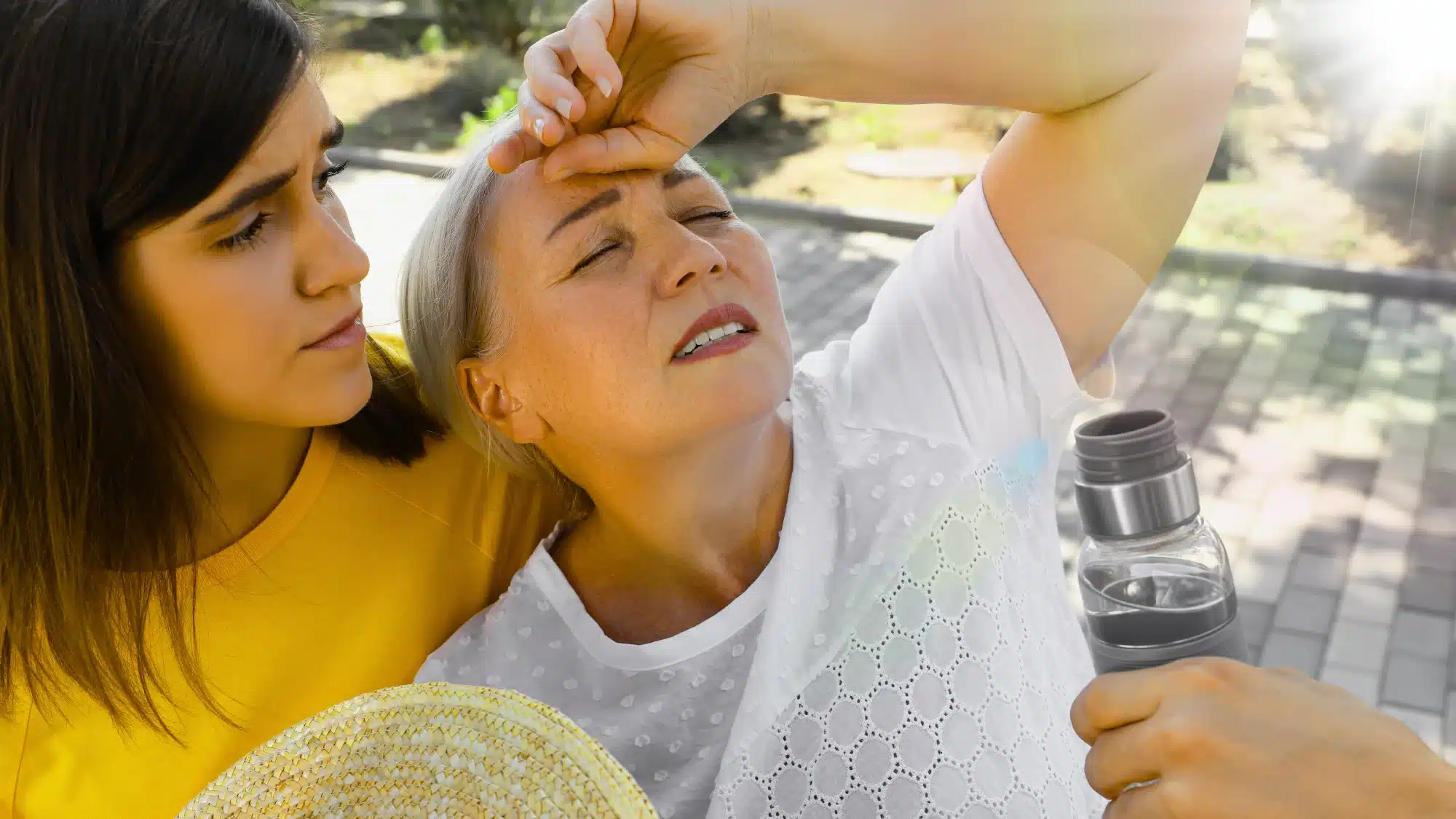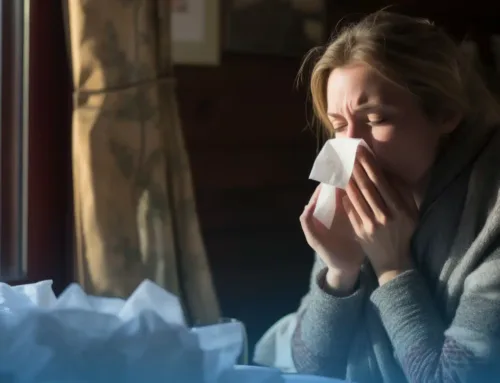Introduction
Florida’s long, humid summers bring more than just sunshine—they also increase the risk of heat-related illnesses for families across the state. Understanding how to prevent, recognize, and respond to these conditions is essential, especially for parents searching for “family doctors near me” who can provide expert guidance and care.
Why Heat-Related Illnesses Are a Concern in Florida
Florida consistently ranks among the states with the highest rates of heat-related emergency room visits, with over 5,800 cases reported in 2022 alone. The combination of high temperatures and humidity can quickly overwhelm the body’s natural cooling mechanisms, making everyone—especially children, older adults, and those with chronic health conditions—more vulnerable to heat exhaustion and heat stroke.
Common Heat-Related Illnesses
1. Heat Exhaustion
- Symptoms: Heavy sweating, weakness, dizziness, nausea, headache, cool and moist skin, muscle cramps.
- What to do: Move to a cooler place, hydrate with water, and rest. If symptoms persist, seek medical attention from a family doctor near you.
2. Heat Stroke
- Symptoms: High body temperature (103°F or higher), hot and dry skin (no sweating), rapid pulse, confusion, agitation, seizures, or unconsciousness.
- What to do: This is a medical emergency. Call 911 immediately. While waiting for help, try to lower the person’s body temperature with cool cloths or a bath.
3. Dehydration
- Symptoms: Thirst, dry mouth, dark urine, fatigue, dizziness.
- What to do: Drink water or sports drinks. Avoid caffeinated or alcoholic beverages, which can worsen dehydration.
Prevention Tips for Florida Families
- Stay Hydrated: Drink water regularly, even before you feel thirsty. Sports drinks can help replace lost electrolytes during prolonged outdoor activity.
- Avoid Peak Sun Hours: Limit outdoor activities between 10 a.m. and 4 p.m., when the sun’s rays are strongest.
- Dress Appropriately: Wear lightweight, light-colored, and loose-fitting clothing. Use hats and sunscreen with SPF 15 or higher, even on cloudy days.
- Take Frequent Breaks: Rest in shaded or air-conditioned areas, especially during outdoor play or work.
- Monitor Vulnerable Family Members: Check on children, elderly relatives, and anyone with chronic health conditions frequently during heat waves.
Recognizing and Responding to Heat Emergencies
- Know the Signs: Early recognition of heat exhaustion or heat stroke can save lives. If you notice symptoms, act quickly—move to a cooler area, hydrate, and seek medical help if needed.
- Create a Family Emergency Plan: Ensure everyone knows what to do if someone shows signs of heat-related illness. Keep emergency numbers handy and know the location of the nearest urgent care or family doctors near you.
When to See a Family Doctor
If you or a loved one experiences persistent symptoms of heat-related illness or if you have underlying health conditions that increase your risk, consult with a family doctor near you for personalized advice and care. LifeStream Family Medicine is here to help your family stay healthy and safe all summer long.
Final Thoughts
By staying informed and prepared, Florida families can enjoy the summer while minimizing the risks of heat-related illnesses. For more information or to schedule a checkup, reach out to LifeStream Family Medicine—your trusted resource for family doctors.
Stay safe, stay cool, and remember: prevention is the best medicine this summer.







